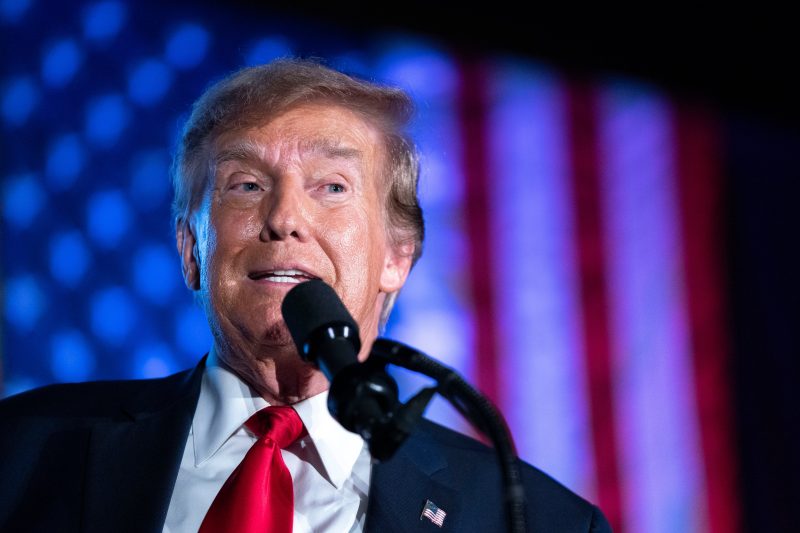Despite traditional and historical leanings towards the Democratic Party, there has been a notable shift in the loyalty of the Black voters in recent years. Republican Party members must take heed of this trend, as African-Americans are exhibiting a growing interest in the conservative ideology. Surprisingly, many Republicans attribute this to the policies and ideologies of the party rather than concerted efforts to court this demographic.
At first glance, it may seem unlikely that African-Americans would identify with a party that has often been perceived as indifferent to the struggles of people of color. However, it is important not to oversimplify the political leanings of this diverse and multifaceted community. Many Black voters are finding that some aspects of the Republican Party’s platform resonate with them, showing an inclination towards more conservative social values and economic policies.
Fiscal conservatism, for instance, is a significant point of convergence. The Republican mantra of self-reliance, small government, and economic freedom appeals to a growing number of African-Americans, particularly entrepreneurs and business owners. Their desire to reduce their tax burdens and limit bureaucratic intervention aligns well with the GOP’s principles.
The Republican Party’s stance on faith-based and family values is another major point of appeal. African-American communities, which often lean towards the conservative side on social issues, find common ground with Republicans on issues like abortion, school vouchers, and the role of religious faith in public life. This, along with skepticism towards the progressive direction of the Democratic Party, has led many Black voters to reconsider their political alignment.
However, it is crucial to note that Republicans haven’t done much themselves to act on this trend. Their outreach to Black voters often seems borderline non-existent, and in many cases, their rhetoric and policy proposals have done more harm than good. The party’s controversial stances on issues like voter ID laws and affirmative action have been decried as racially biased, thus alienating many potential Black voters.
Despite this, the fact that Black voter support for the Republican Party has grown at all suggests that African-Americans are by no means monolithic in their political beliefs. They are open to different ideas and ideologies and are willing to reconsider long-held political alliances that do not serve their interests.
In a way, it indicates that the Republican Party could gain more support from Black voters with a bit more effort. If the GOP could actively engage this demographic, emphasizing shared values and demonstrating a commitment to addressing systemic racial inequities, it might find a receptive audience.
However, if Republicans continue to fall






























